“Conference-driven development” can definitely be a needling term, but the reality is that there are a lot of companies that work hard to time their releases to coincide with large industry events. The pro of this strategy is that the release can drive the booth’s messaging narrative or otherwise piggyback off of larger event news cycles. The con is that sometimes news gets lost in the deluge of announcements.
In an effort to surface some of this news, here are some announcements that caught my eye during conference season this fall. The goal of this is not to be a press release regurgitation; my goal is to surface pieces of news I thought were interesting and exciting with some brief commentary about why they grabbed my attention.
Andela and CNCF Partnership
Andela is a two-sided marketplace for matching tech talent from global communities with companies looking to hire contingent staff. The company started by helping match Nigerians to jobs in the global marketplace, but has since spread to help companies access talent pools across Africa and Latin America.
During KubeCon North America, the CNCF announced a partnership to help train 20,000-30,000 people in Andela’s African community on cloud-native technologies at no cost to the Andela participants.
RedMonk is long on the potential growth coming out of African tech communities and will watch this partnership with interest.
Akamai App Platform
Akamai acquired Linode in 2022, a move that definitely fit within the convergent evolution of CDNs and clouds theory RedMonk has written about previously.
At KubeCon this year, Akamai released the Akamai App Platform, designed to help make it simpler for Akamai customers to deploy Kubernetes-based apps in a highly-distributed environment.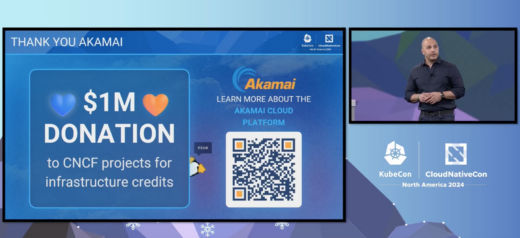
This is an interesting evolution in Akamai’s strategy, and this focus on simplifying developer experience steps the company up the stack.
Lightbend Rebundles / Rebrands Akka
The Akka project has a long history. 15 years ago it began as an open source set of libraries designed to help solve concurrency problems on multi-core computers, but users quickly found that it was also useful for helping with concurrency in distributed stateful microservices. The project’s primary backers, Lightbend, had commercial ups and downs and ultimately relicensed to the BSL in 2022.
The tech is powerful, but Akka’s learning curve is steep. To help with this, the company has consolidated its products into a single SDK that will be more opinionated and will have more guardrails. The company also rebranded from Lightbend to Akka.
This one was not a conference-related announcement, and it ended up on my radar primarily because CEO Tyler Jewell was quite compelling when discussing how the business had evolved over the years. In particular I enjoyed discussing his experience moving Lightbend to a closed source model in order to make the company financially viable and how his lived experience compared to my previous research on the financial impact of license changes. It was also great to listen to him talk about the evolution of the project and brand.
GitLab Duo + AWS Partnership
At re:Invent, GitLab and AWS announced a partnership between GitLab Duo and Amazon Q Developer. Both of these products are AI-focused offerings from their respective companies; Q brings agent capabilities to GitLab, and GitLab brings reach into the earlier stages of the SDLC for AWS.
In an era where companies are interested in meeting developers where they are, bringing GitLab in as a first-party offering within AWS is a notable move. This partnership can help streamline the process of moving code securely through the build, test, and deployment stages and into production.
In a world where users are increasingly interested in unified experiences, this is a partnership that makes sense for both parties. Thus far much of the attention on generative AI has been in the form of AI code assistants, so I’m also interested in watching how AI is incorporated throughout later parts of the SDLC.
Crunchy Data Warehouse
RedMonk is following Apache Iceberg closely. Iceberg is an open table format that enables simplified querying of Parquet files in a data store. (There is enough happening in this space that we’re working on a separate piece of research specifically about Iceberg.)
Crunchy Data announced a managed data warehouse at KubeCon. The Crunchy Data team has deep expertise in Postgres. The addition of a Postgres-native data warehouse is a sensible product addition for the company.
As mentioned above, the thing that particularly caught my eye about this announcement was the Iceberg integration and managed Iceberg tables. This is a space to watch.
Disclaimer Akamai, AWS, Crunchy Data, and GitLab are RedMonk clients. Akka, Andela, and the CNCF are not.
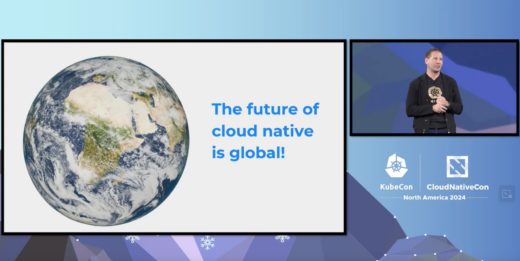
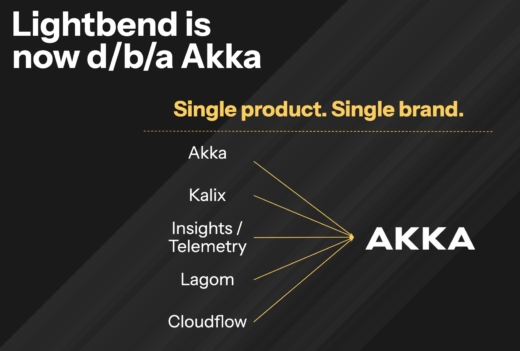
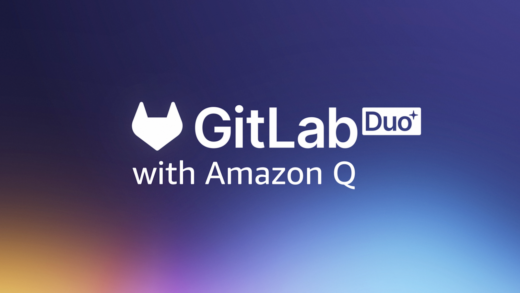
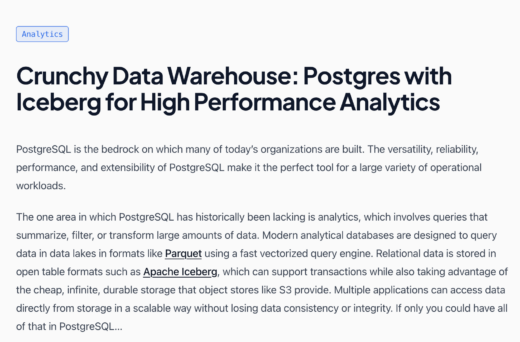
No Comments